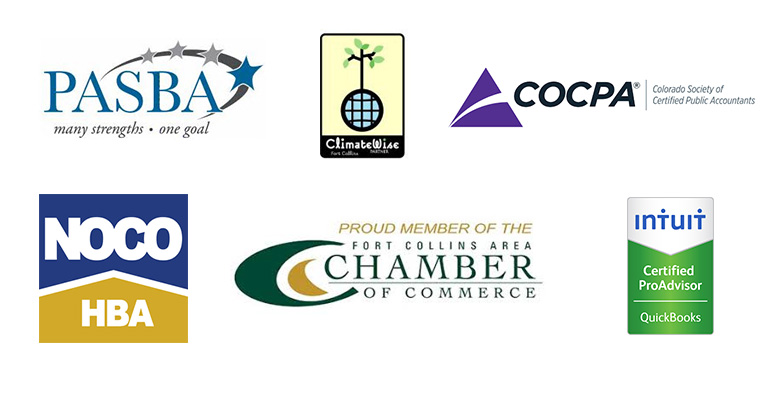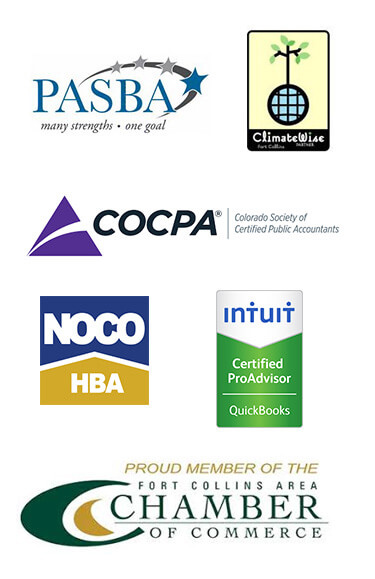Accounting for Dentist
Tracking costs and profits in a dental business or dental practice accounting is essential for maintaining financial health and growth. Key metrics like practice production, collection percentage, and overhead costs provide insights into revenue generation and operational expenses. Practice production measures the revenue from patient procedures, while the collection percentage indicates how much of that revenue is actually received after discounts. Overhead costs, which include payroll, rent, and utilities, should ideally not exceed 40%-55% of total revenue to ensure profitability.
Monitoring average production per patient and per new patient helps in understanding revenue generation patterns and identifying opportunities to increase earnings through additional services. Maintaining a high percentage of active patients and minimizing patient attrition are crucial for sustaining a stable and growing patient base. Engaging with patients effectively and providing excellent care ensures ongoing loyalty and satisfaction, which contributes to the practice’s financial stability.
To improve profitability, dental practices should leverage specialized accounting software and consider hiring a dental CPA for expert financial management. Regularly reviewing production and financial data helps in making informed decisions and necessary adjustments. Continuous monitoring and proactive management of financial metrics ensure the practice remains profitable and competitive in a dynamic market.
Knowing Your Financial Performance Helps You Come Up with The Best Ways to Resolve Dental Practice Accounting Issues
How important do you think dental practice accounting is to boost your business’ profitability? Running a dental practice involves more than just providing excellent dental care. This involves a comprehensive understanding of costs, revenue segments, and profit centers within the practice. As much as you want to focus on giving your clients the best services possible, it is also crucial to oversee the cashflow to know whether you are making money or not. Remember that in order to continue practicing, and helping others, you need resources. After all, your dental practice is also a business.
Dental practice accounting is a specialized field that focuses on the unique financial needs and challenges of dental professionals. This guide will cover key performance indicators (KPIs) and essential financial metrics that help in understanding the cost of running a dental practice and overcoming common accounting issues for dentists.
Importance of Cost Tracking in Dental Practices
At its core, your dental practice operates as a business. Like any enterprise, it is essential to generate sufficient revenue to cover expenses and ensure that both you and your staff remain employed. But as a dentist, you may be focused on providing excellent service to your clients. And while doing this, you know you are making money, but you do not really know where your segments are – which areas of your practice make the most profit and which don’t. Your clinic may be earning more from cleaning and fillings, but less from other services.
In this case, you need to look at the model and know where your business is at financially. Seeing your practice’s financial status allows you to understand the cost of running a dental practice, or even the costs of starting a dental practice if you are planning to set-up your own clinic.
Here are several accounting issues for dentists you need to understand:
Segmentation of Costs
One of the biggest challenges in dental practice accounting is ensuring that the practice understands its costs and the different segments of the practice. This includes tracking the costs associated with hygienists, such as their labor and the fees billed through their services. Similarly, it’s crucial to monitor the earnings and payouts of each doctor or associate within the practice. These segments are significant in understanding the overall business health.
Revenue and Profit Segments
Dental practices often have various revenue and profit centers. For instance, a dental cleaning might be a lower-margin service but serves as a gateway to more profitable procedures like fillings, crowns, and X-rays. Identifying and tracking these cost centers and profit centers is essential for a holistic understanding of the practice’s financial performance.
Utilizing Industry Standards and Benchmarks
Comparing your practice’s financial metrics with industry standards can provide valuable insights. Tracking metrics like the number of new patients, repeat patients, and their follow-up rates can help gauge the practice’s growth and performance. These data points are often available in practice management systems, but they need to be actively monitored and analyzed.
What is Chart of Accounts for a General Dentist?
A chart of accounts is a categorized list of all the accounts used by a company. In a dental practice, this could include categories like hygienist payroll, office expenses, dental supplies, and equipment. Each business will have unique accounts tailored to its specific needs.
Key Accounts to Monitor
Most dental practices need to pay close attention to a handful of key accounts. These typically include:
- Hygienist Payroll: Tracking wages paid to hygienists.
- Dental Supplies: Monitoring the cost of materials and supplies used.
- Office Expenses: Keeping track of general office-related expenses.
- Equipment Costs: Recording expenses related to dental equipment.
- Revenue Accounts: Segregating income from different services offered.
Managing Financial Performance
For dental practitioners, managing financial performance is as critical as providing exceptional patient care. Effective financial management ensures that a dental practice finance not only remains profitable but also sustains growth and stability in the long term. This involves a strategic approach to monitoring daily expenses and revenue streams, understanding the impact of direct costs, and conducting periodic reviews of significant financial metrics.
By maintaining a balanced focus on immediate financial controls and long-term financial health, dentists can make informed decisions that enhance their practice’s efficiency and profitability.
Daily Financial Control
Focus on managing daily expenses and revenue streams that you can control. This might involve closely monitoring the costs of dental supplies and labor, as these are direct costs that impact profitability.
Periodic Financial Review
While daily monitoring is crucial, periodic reviews of expenses such as insurance costs or equipment maintenance are also necessary. These reviews help in identifying trends and making informed financial decisions.
Dental Practice Accounting: Setting Financial Goals and Measuring Performance
Goal setting is an important aspect of the business as this will guide your business to where you want it to go. This goes hand in hand with measuring your financial performance, which is important in finding out where you need to improve.
Revenue and Growth Targets
Setting annual revenue growth targets is important, considering factors like inflation and rising costs. Tracking whether the practice is meeting these targets helps in making necessary adjustments throughout the year.
Monitoring Profit Margins
Dental practices must strive to maintain healthy profit margins despite challenges like insurance reimbursements. This might involve targeting a patient demographic that pays cash or reassessing the services offered.
Practical Tips for Effective Dental Practice Accounting
Dental practice accounting can be a complicated matter for a dentist who wants to focus on providing quality healthcare. But your clinic’s finances are also a big deal and must be taken care of. Here’s a few tips to help you get by.
Avoiding overcomplication
While detail is important, it’s crucial not to get bogged down by small things. Focus on significant expenses and revenue categories rather than small, insignificant amounts.
Tax considerations
Certain expenses need to be tracked separately for tax purposes. Ensure that all business expenses are properly categorized to maximize deductions and streamline tax preparation.
Implement a detailed chart of accounts
Create a comprehensive chart of accounts tailored to your dental practice to categorize expenses and revenue accurately.
Monitor direct costs closely
Track daily expenses such as dental supplies and labor costs to ensure they are in line with your budget and revenue expectations.
Regularly review financial statements
Conduct monthly or quarterly reviews of income statements, balance sheets, and cash flow statements to assess the practice’s financial health.
Set clear financial goals
Establish specific, measurable financial targets for revenue growth, profit margins, and cost control to guide your financial planning.
Track new and repeat patients
Monitor the number of new and returning patients to gauge practice growth and patient retention, which directly impact revenue.
Control overhead costs
Regularly review and negotiate overhead expenses such as rent, utilities, and office supplies to keep them in check.
Seek the help of a dental CPA to take care of dental practice accounting
Consider hiring a dental CPA who understands the specific financial needs of your dental practice to provide expert advice and support. Try looking up “dental CPA near me” to find a professional nearby that you can work with whenever the need arises. Not only can a dental practice CPA help with expense tracking. One also offers other services such as taxes, payroll, business consulting, and other accounting business services for dentists, which would be a big help if you want to run your practice smoothly.
Why Proper Dental Practice Accounting Can Save Your Business
There is no doubt that proper dental practice accounting is key your business’ success financially. Effective tracking of costs and profits is essential for the success of a dental business. By focusing on key metrics such as practice production, collection percentage, overhead costs, and patient-related indicators, dental professionals can gain a comprehensive understanding of their financial health.
Engaging the services of a dental CPA and utilizing specialized software further enhances the ability to manage finances efficiently. Regular review and proactive management ensure that the practice remains profitable and poised for growth in a competitive market.
SJ Wick & Associates, P.C. offers specialized CPA services tailored to dental practices. We will help you identify what’s costing you the most and how you can make adjustments. Whether you seek increased profits, payroll assistance, or tax relief, we are committed to your success. Contact us at 972-204-3366 to know more!




